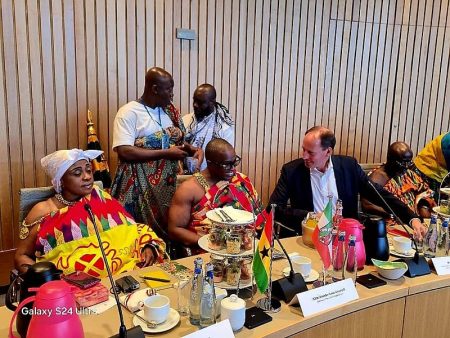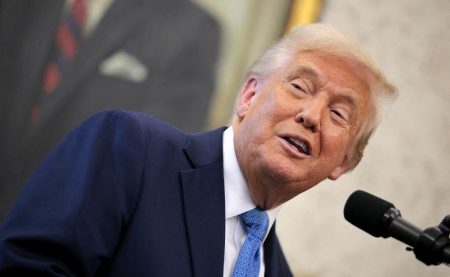The Ansar-Ud-Deen Society of Nigeria, a prominent Islamic organization, has issued a fervent call to action, urging all levels of government – federal, state, and local – to implement comprehensive and inclusive strategies aimed at alleviating the pervasive burden of inflation on Nigerian citizens and enhancing their overall quality of life. This appeal, delivered as part of a special Eid al-Adha message by the Society’s National President, Adeniji Kazeem (SAN), underscores the urgent need for government intervention to address the pressing economic challenges facing the nation. Kazeem stressed that these reforms should be inclusive, ensuring that the benefits are felt across all segments of society, revitalizing the economy and easing the financial strain on ordinary Nigerians.
Beyond the immediate economic concerns, the Society also emphasized the critical importance of prioritizing national security. Recognizing the progress made thus far, Kazeem urged the government to redouble its efforts to ensure the safety and security of all citizens, enabling them to live, work, contribute to the economy, and practice their faith without fear. This call for enhanced security measures reflects the Society’s belief that a safe and secure environment is essential for individual well-being and national prosperity, fostering an atmosphere where everyone can thrive and contribute to the collective good. The message underscores the interconnectedness of security and economic stability, highlighting that true progress can only be achieved when citizens feel safe and protected.
The Eid al-Adha message, imbued with spiritual significance, extended warm greetings to Muslims worldwide, celebrating the sacred occasion and the profound values it embodies. Kazeem’s message invoked the spirit of Eid, highlighting its core principles of sacrifice, piety, and compassion. He reminded Muslims of the profound story of Prophet Ibrahim (AS) and his willingness to sacrifice his son Ismail (AS) in obedience to God’s command, a narrative that serves as a timeless example of unwavering faith and devotion. This act, as described in the Quran, exemplifies the ultimate sacrifice and underscores the importance of placing trust in God, even during challenging times.
Drawing parallels to contemporary society, Kazeem called upon Muslims to embody the spirit of Eid by extending their compassion and support to those in need. He encouraged acts of generosity and selflessness, emphasizing the importance of sharing blessings and prioritizing the well-being of others, particularly the vulnerable members of society. This call for collective responsibility and empathy underscores the importance of community and mutual support, echoing the core principles of the Ansar-Ud-Deen Society. The message serves as a reminder that true piety extends beyond individual acts of worship and encompasses a commitment to social justice and the betterment of society as a whole.
The message further highlighted the importance of upholding the values of brotherhood and communal harmony, principles central to the ethos of the Ansar-Ud-Deen Society. Kazeem urged Muslims to strengthen the bonds of unity and solidarity within their communities and beyond, fostering an environment of mutual respect and understanding. This call for unity transcends religious boundaries, emphasizing the importance of peaceful coexistence and collaboration among all members of society, regardless of their background or beliefs. The message serves as a powerful reminder that a strong and harmonious society is built on the foundations of mutual respect, understanding, and shared responsibility.
In essence, the Ansar-Ud-Deen Society’s Eid al-Adha message serves as a comprehensive call to action, addressing both spiritual and societal concerns. It urges Muslims to reflect on the profound meaning of Eid, embracing the values of sacrifice, piety, and compassion, while also calling upon the government to address critical issues such as inflation and security. The message underscores the importance of collective responsibility, both at the individual and governmental level, in creating a more just, equitable, and prosperous society for all Nigerians. It emphasizes the interconnectedness of faith and action, highlighting the role of religious organizations in promoting social justice and advocating for the well-being of the community.













